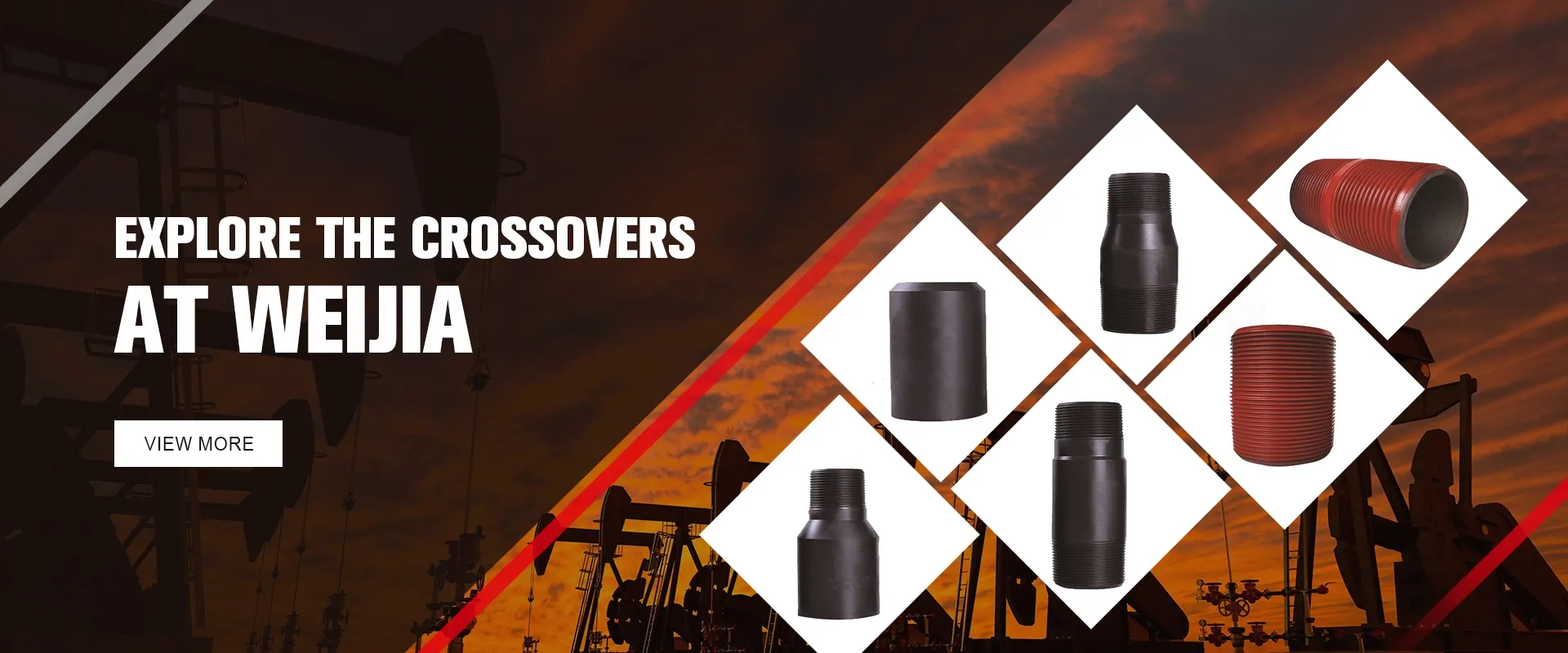- Afrikaans
- Albanian
- Amharic
- Arabic
- Armenian
- Azerbaijani
- Basque
- Belarusian
- Bengali
- Bosnian
- Bulgarian
- Catalan
- Cebuano
- Corsican
- Croatian
- Czech
- Danish
- Dutch
- English
- Esperanto
- Estonian
- Finnish
- French
- Frisian
- Galician
- Georgian
- German
- Greek
- Gujarati
- Haitian Creole
- hausa
- hawaiian
- Hebrew
- Hindi
- Miao
- Hungarian
- Icelandic
- igbo
- Indonesian
- irish
- Italian
- Japanese
- Javanese
- Kannada
- kazakh
- Khmer
- Rwandese
- Korean
- Kurdish
- Kyrgyz
- Lao
- Latin
- Latvian
- Lithuanian
- Luxembourgish
- Macedonian
- Malgashi
- Malay
- Malayalam
- Maltese
- Maori
- Marathi
- Mongolian
- Myanmar
- Nepali
- Norwegian
- Norwegian
- Occitan
- Pashto
- Persian
- Polish
- Portuguese
- Punjabi
- Romanian
- Russian
- Samoan
- Scottish Gaelic
- Serbian
- Sesotho
- Shona
- Sindhi
- Sinhala
- Slovak
- Slovenian
- Somali
- Spanish
- Sundanese
- Swahili
- Swedish
- Tagalog
- Tajik
- Tamil
- Tatar
- Telugu
- Thai
- Turkish
- Turkmen
- Ukrainian
- Urdu
- Uighur
- Uzbek
- Vietnamese
- Welsh
- Bantu
- Yiddish
- Yoruba
- Zulu
well casing coupler
Understanding Well Casing Couplers Essential Components for Oil and Gas Operations
In the oil and gas industry, the integrity of drilling operations is paramount. One critical component that plays a significant role in maintaining this integrity is the well casing coupler. These couplers serve as vital connectors between sections of casing, ensuring that the well is properly sealed and secure. Understanding their functionality, types, and applications is essential for professionals in the field.
What is a Well Casing Coupler?
A well casing coupler is a mechanical device used to join two lengths of casing pipe within a borehole. Casing pipes are installed in oil and gas wells to support the well structure, prevent collapse, and protect the well from external contaminants. The coupler acts as a bridge between two sections of casing, enabling a seamless and robust connection that minimizes the risk of leaks or structural failure.
Types of Well Casing Couplers
There are several types of well casing couplers available in the market, each designed for specific applications and casing types. The most common types include
1. Threaded Couplers These are designed with male and female threads on either end, allowing two casing pipes to be screwed together securely. Threaded couplers are widely used due to their ease of installation and effective sealing capabilities.
2. Welded Couplers In cases where high-pressure resistance is required, welded couplers are preferred. These couplers involve welding the ends of the casing pipes together, creating a single, solid connection that can withstand extreme conditions.
well casing coupler

3. Flanged Couplers Flanged couplers utilize flat flanges at both ends, which are bolted together. This type is commonly used in situations where frequent disassembly may be necessary, providing a tight seal while allowing for easy maintenance.
4. Mechanical Couplers These are innovative connectors that use mechanical means, such as clamps or locking mechanisms, to join casing pipes. They are beneficial in scenarios where welding or threading may be impractical.
Applications and Importance
Well casing couplers are primarily used in drilling and production operations across various environments, from offshore platforms to onshore fields. Their importance cannot be overstated they help maintain the structural integrity of the borehole, protect groundwater resources, and ensure the efficient flow of oil or gas.
In addition to their practical applications, casing couplers play a role in conducting routine maintenance and safety inspections. When access to the well is required, couplers allow for easy disconnection and reconnection of casing sections, facilitating repair work or enhancements to the well system.
Conclusion
In summary, well casing couplers are indispensable components in the oil and gas industry. By joining casing pipes securely, they help ensure the safety and effectiveness of drilling operations. Understanding the various types of couplers and their applications is essential for professionals working in this demanding field, as it ultimately contributes to the overall success and sustainability of energy extraction processes. As the industry continues to evolve, advancements in coupler technology will further enhance the reliability and efficiency of oil and gas operations.
-
Tubing Pup Joints: Essential Components for Oil and Gas OperationsNewsJul.10,2025
-
Pup Joints: Essential Components for Reliable Drilling OperationsNewsJul.10,2025
-
Pipe Couplings: Connecting Your World EfficientlyNewsJul.10,2025
-
Mastering Oilfield Operations with Quality Tubing and CasingNewsJul.10,2025
-
High-Quality Casing Couplings for Every NeedNewsJul.10,2025
-
Boost Your Drilling Efficiency with Premium Crossover Tools & Seating NipplesNewsJul.10,2025







